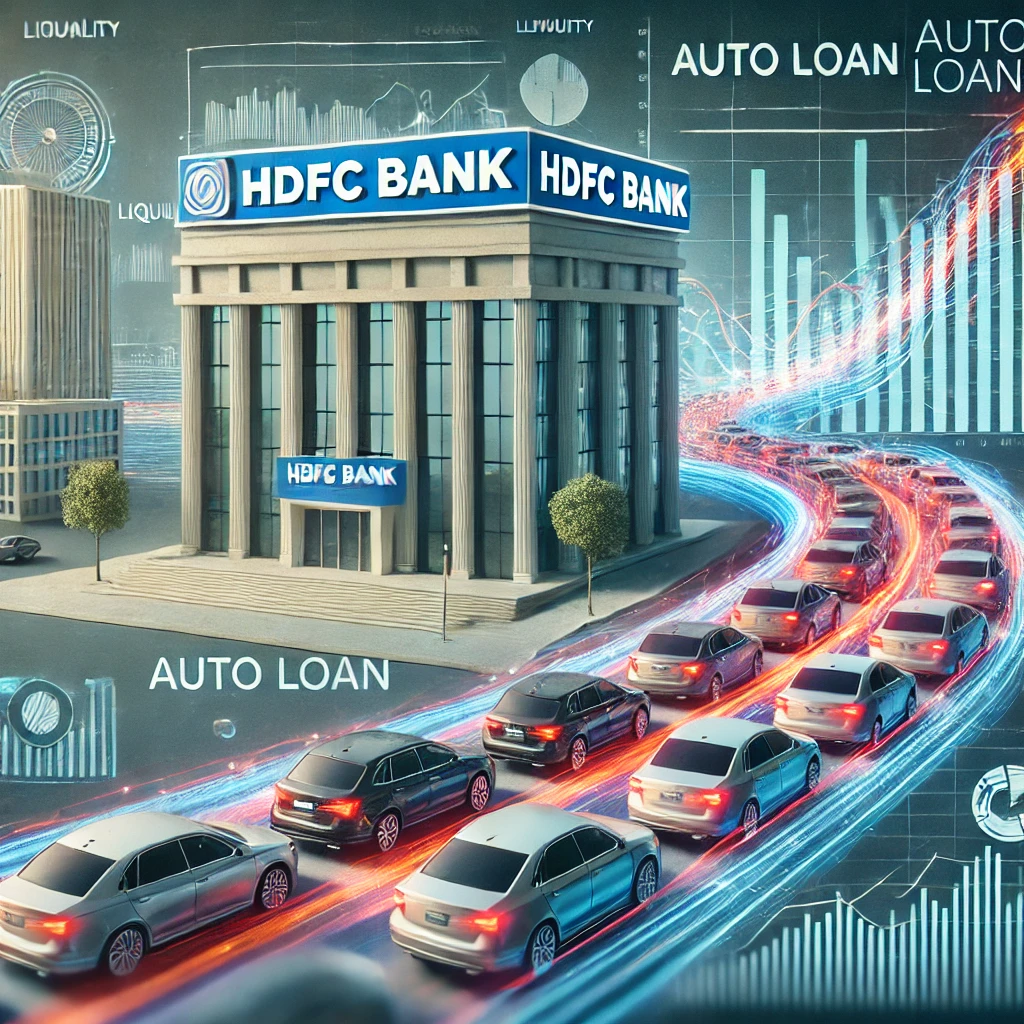HDFC Bank, India’s largest private sector lender, recently sold car loan portfolios worth over ₹12,700 crore through securitization. This move is part of a strategic effort to improve its financial position, primarily by addressing its high credit-deposit (CD) ratio, which stood at an elevated 86.3% as of September 2024. The bank aims to lower this ratio to ensure greater liquidity and reduce the risks of over-leveraging【7】【8】.
The Mechanics of Securitization
Securitization involves selling loan portfolios to trusts that issue pass-through certificates (PTCs) to investors. These transactions provide liquidity to the bank while transferring the loan risks to the trust or investors. HDFC Bank’s recent securitization involves loans with a weighted average internal rate of return of 8.91%, all of which were classified as standard assets【8】.
Why is HDFC Bank Doing This?
- Liquidity Needs: As the bank continues its aggressive lending strategy, securitization generates immediate liquidity to fund new loans and maintain balance sheet flexibility.
- Improved Financial Metrics: By reducing the CD ratio, the bank aligns closer to industry benchmarks, which can reassure investors and regulators.
- Market Conditions: The strong demand for high-rated (AAA) securities in India allows HDFC Bank to fetch favorable terms for its securitized assets【7】【8】.
Implications of the Sale
- For HDFC Bank: The transaction could enhance the bank’s short-term liquidity and financial stability, allowing it to maintain its lending momentum without raising additional deposits or debt. However, frequent securitizations might signal challenges in managing deposit growth relative to advances【7】【8】.
- For Investors: The sale provides investment opportunities in high-rated securities with attractive returns. It also highlights the robustness of India’s securitization market.
- For Borrowers: While the transaction does not directly affect borrowers, securitization may lead to tighter loan origination policies if the bank aims to maintain a high-quality loan pool【8】.
Market Reaction
HDFC Bank’s shares have been performing well, advancing over 16% in the past year. Investors seem optimistic about the bank’s strategic steps, as evidenced by the positive market sentiment following this announcement【7】.
In conclusion, HDFC Bank’s securitization of its car loan portfolios reflects a proactive approach to managing its financial health amid rapid growth. However, it also underscores the challenges of balancing loan expansion with deposit mobilization, a crucial factor for sustainable banking operations in the long term.
For further details, you can explore the reports from ET Now, Business Standard, and Economic Times.
